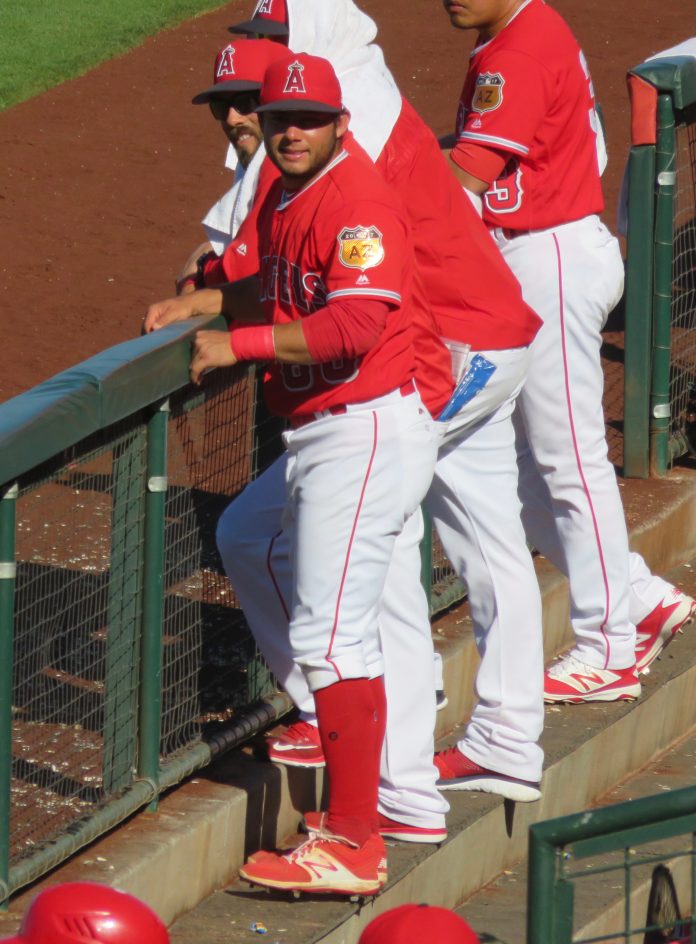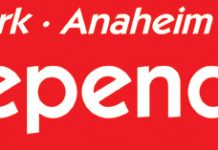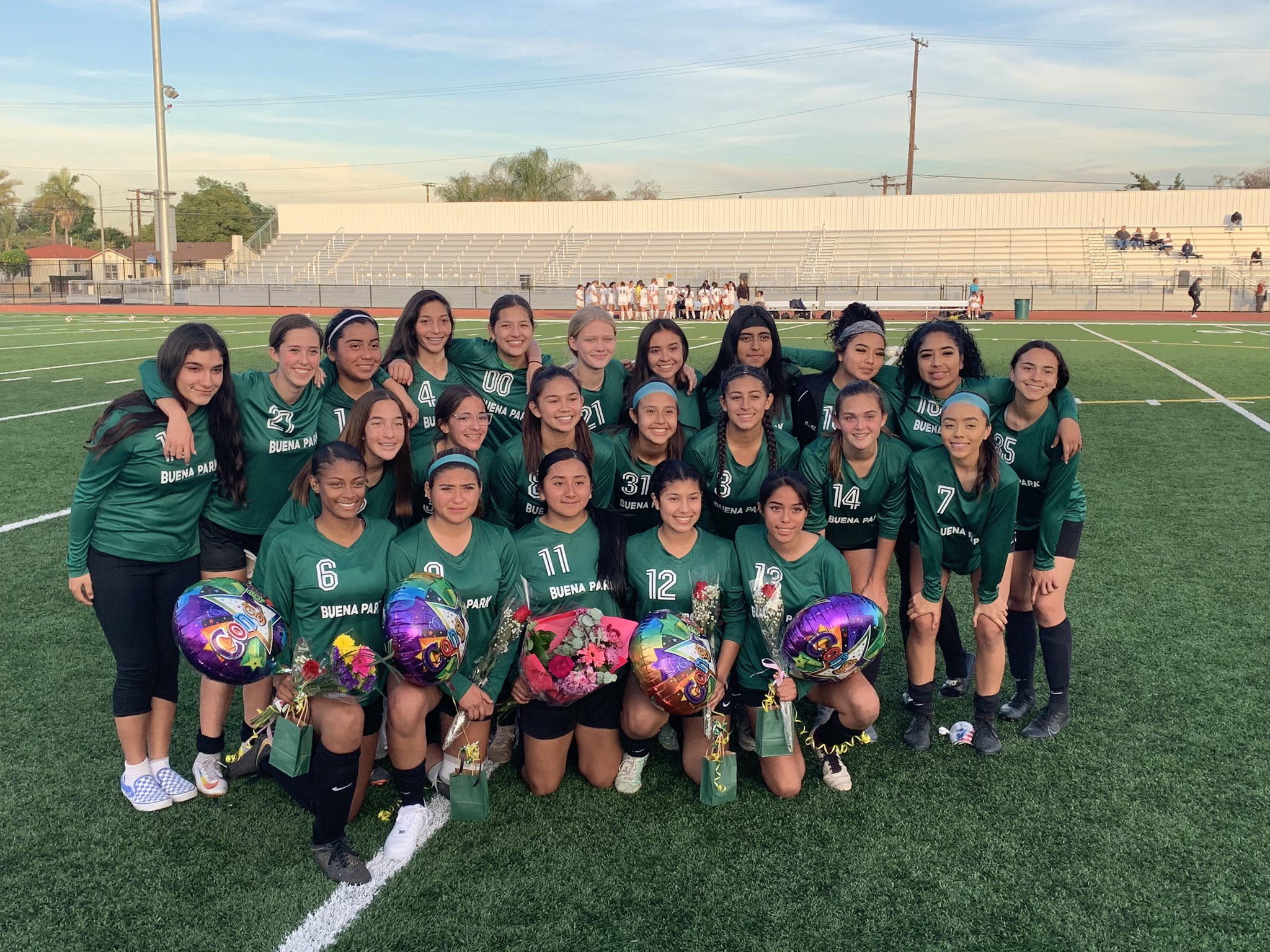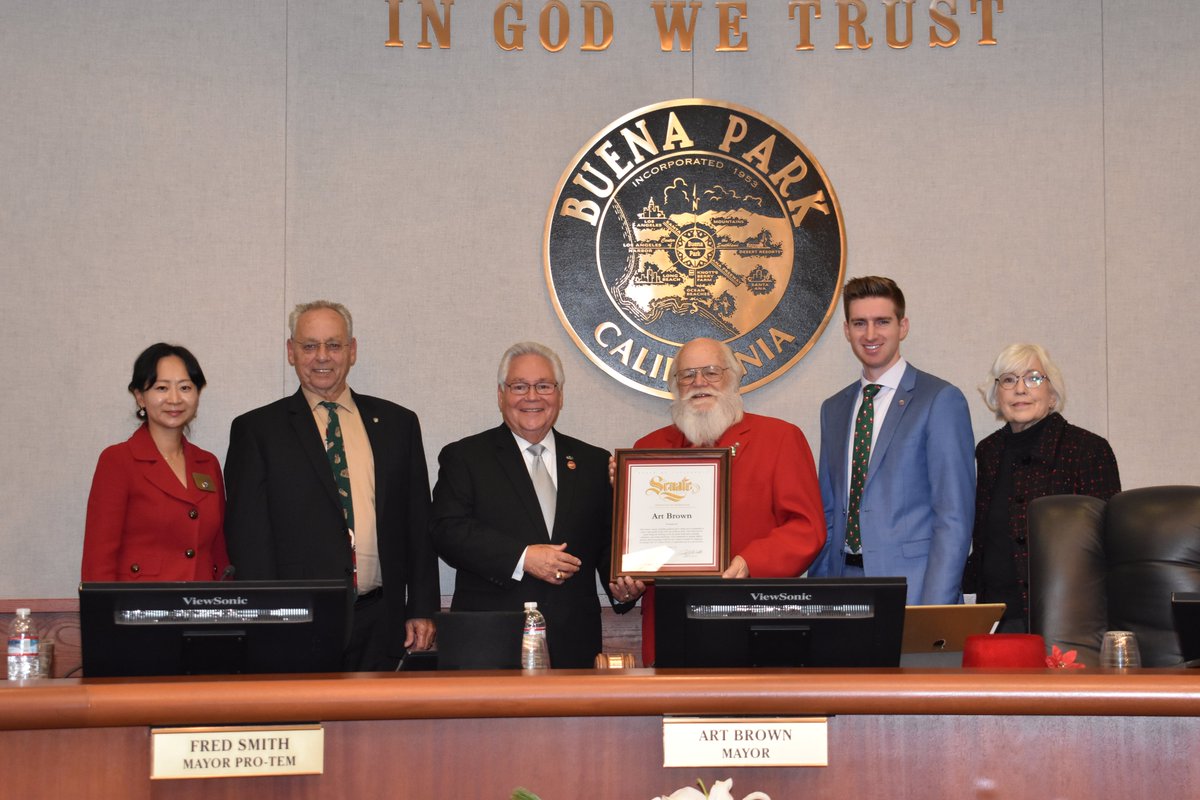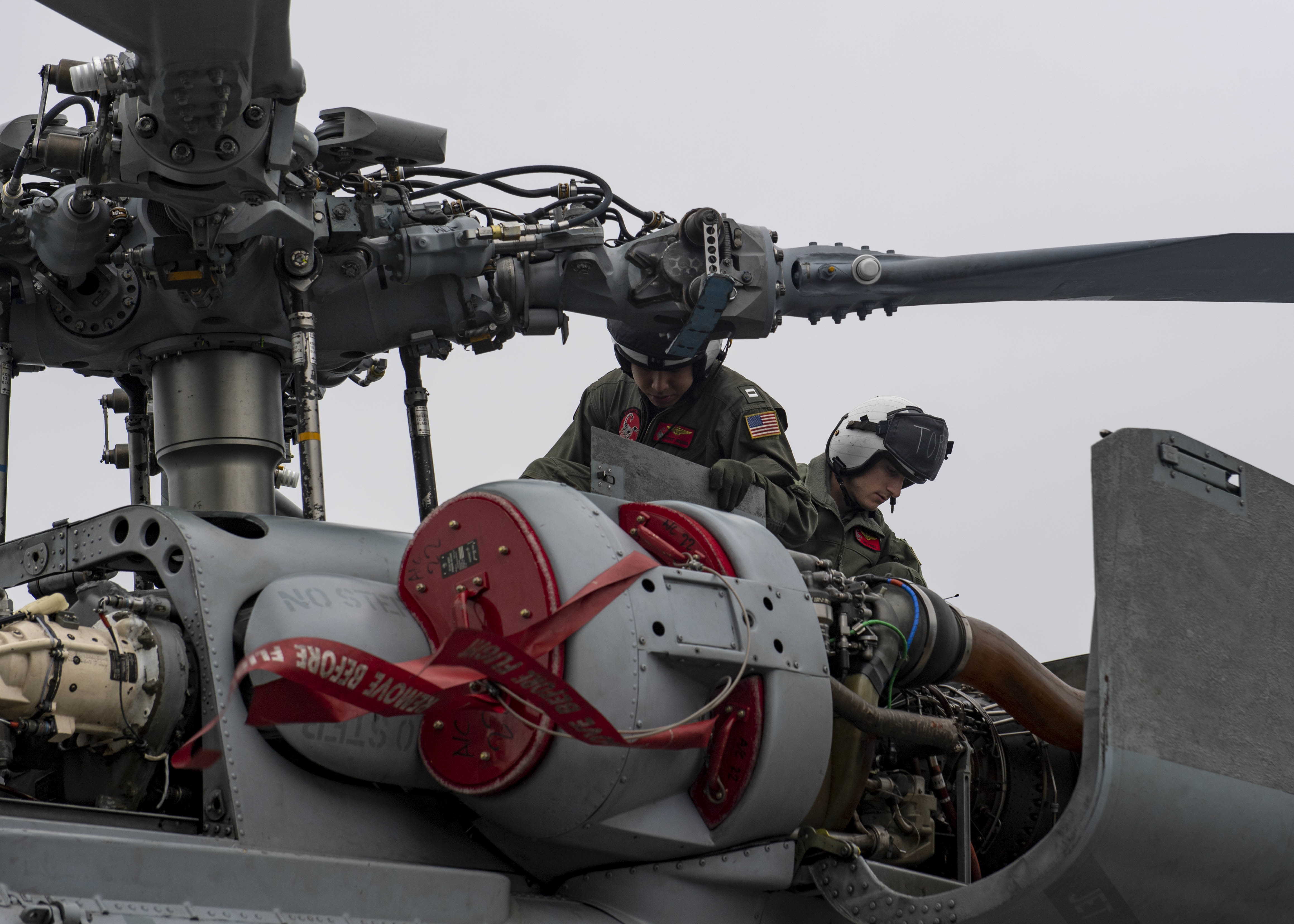By Marilyn Smith
Those in Cypress who follow high school baseball will surely remember the name David Fletcher. The 2013 graduate of Cypress High School was a starting shortstop on the Centurion squad his freshman year and continued in that position through his graduation. He won numerous awards at the school and his time there culminated with Cypress High winning the CIF Championship in 2013. In his senior year, he was able to play on the same team with his younger brother Dominic, who now plays center field at the University of Arkansas.

Fletcher received a scholarship to play baseball for Loyola Marymount University in Los Angeles and was an award-winning player there until 2015, at which time he was drafted by the Angels in the sixth round. Since then, Fletcher has been seeing many parts of the United States as he has climbed the ladder of minor league professional baseball.
This year, Fletcher managed to stay with the big league club all the way through the pre-season Freeway Series between the Angels and the Dodgers. However, he will start the 2018 season with the Triple A team in Salt Lake City. Prior to the Freeway Series opener at Angel Stadium, Fletcher was presented with the Fred Haney Award, the Angels’ award for the most outstanding minor leaguer in spring training.
Freelancer Marilyn Smith caught up with Fletcher, 23, at Angels Spring Training in Tempe, AZ.
MS: Tell me about your early years in youth baseball.
Fletcher: I started playing organized baseball when I was five. I never played Little League, but spent all my time playing on travel ball teams until I went to Cypress High School. I was always a shortstop and never really wanted to play another position until last year when I started playing some second base in the Angels organization.
MS: Does your family get to any of your games these days?
Fletcher: Either my dad or mom were at all my games when I was growing up, but now it’s harder because I play pretty far away. But my dad has two TV’s set up side by side at their house and has two remote controls…one is marked “David” and one is marked “Dominic.” Our parents try to watch all our games on TV.
MS: Who have been your biggest baseball influences as you were growing up?
Fletcher: I’d say my dad, because of those reasons I mentioned, and Stan Grebeck. I worked with Stan since I was 13 and still talk to him all the time. He did individual coaching with me and Dom. Even now, I still go work out with him sometimes in the offseason to field ground balls. His brother, Craig Grebeck, was a major league player and I played for Craig on a travel ball team when I was 13. That’s how I met Stan. I learned a lot about the game from both Stan and Craig. I think they helped Dom and I be more advanced for our ages. Coach John Weber at Cypress High was a big influence on me, and my coach at Loyola Marymount also. Basically, every coach I’ve had since I was young had some influence on me. You are always learning. I still see Coach Weber during the offseason and help out with the Cypress High team.
MS: How did you manage to get the attention of Coach Weber at Cypress High if you didn’t come up through the local youth leagues?
Fletcher: It’s funny. I almost went to Los Alamitos High instead. I attended a baseball camp in Los Al and the high school coach saw me play and said, “You’re coming to Los Al, right?” Well, I live in Cypress so I told him I wasn’t sure. He made arrangements for me to go to Oak Middle School, which is a feeder school for Los Al. But when it came time for me to go to high school there was a coaching change there. So instead I went to a baseball camp in Cypress and I think that was the first time Coach Weber saw me play.
MS: How did you manage to start on the varsity team as a freshman? That’s pretty rare.
Fletcher: I think it was the coaching I had coming up and the amount of games I played when I was younger. A lot of little things like baseball instincts, I guess you’d call them. Those all gave me an edge, I think. It was a good experience for me to play at that level as a freshman for sure. It was fun when my brother Dom got to high school and he also played varsity as a freshman. So he was a freshman and I was a senior…we got to play together one year. That was 2013 and we won the CIF championship so that was pretty special. We still work out together when he’s home from college in December and I’m in my offseason. Dom is now a sophomore at the University of Arkansas and was a regular starter his freshman year as well. Hopefully in two years he’ll be playing pro ball somewhere. If it could be in the Angels organization, that would be really special. I think Dominic will get drafted in a higher round than I did.
MS: At Loyola Marymount you also started at shortstop as a freshman and were named to the Baseball America All-Freshman Team. But then in 2015, you got a call from the Angels on Draft Day. What was that like?
Fletcher: I was at home watching the draft on our computer. My agent was talking to a lot of teams. He kind of came to an agreement with the Angels. He called me and told me what they were offering and we agreed on that. That was about a round before I got drafted, so I was just waiting for the Angels’ next pick. Finally I saw my name pop up on the screen in the sixth round and it was pretty cool.
MS: What is life like in the minor leagues?
Fletcher: My best memories in the minors so far are getting called up to each new level. I remember getting called up from Rookie Ball to Low A, from Low A to High A, and each step along the way. I’ll probably never forget that excitement when your manager tells you you’ve been promoted. But in general, life in the minors can be pretty difficult. I lived with a host family in Orem, Utah and Burlington, Iowa my first year. That’s really nice because you don’t have to worry about finding a place to live. But there are a lot of 10-12 hour bus rides we had to take after a night game gets out around 10 p.m. So basically you are trying to get some sleep on a bus all night and be ready to play again the next night. The travel is tough in the minor leagues, but that’s all part of it. Advanced A and beyond you are on your own as far as living arrangements go. You try to get an apartment with some teammates to split up the cost since you make very little money. You either find a furnished apartment or rent some furniture because you have to be ready at a moment’s notice to move to the next level. For some reason it seems you always get promoted to a new team while you are playing on the road. You have to fly out to a new city immediately but your stuff is back in your old city so you’ve got to get your buddies to send you your stuff. I had to leave my car in Mobile when I got promoted to Triple A in Salt Lake City. Then I flew back to Alabama after the season was over and drove my car home. That was like a 30-hour drive. When I leave Spring Training in Arizona if I get sent back to Salt Lake, that’s close enough to be able to drive it, so I’ll have my car with me. That’s a big help. The worst memories are those long bus rides, but there are a lot of guys who have stories about the bus breaking down and being stranded for really long periods of time. But somehow I’ve gotten lucky and avoided that. My other worst memory is getting hurt in High A. I hurt my wrist there and in Double A, I hurt my shoulder so those were the worst times having to go to Arizona to rehab and try to stay sane when you’re away from your team.
MS: What’s the best part of Triple A compared to other levels of the minors?
Fletcher: You fly everywhere in Triple A, which is great. Typically each step you go up in the minors, the food gets better and the living arrangements get better. But flying instead of bus rides is a major plus. Also the stadiums in Triple A are a real upgrade.
 David Fletcher bats for the Triple A Salt Lake Bees
David Fletcher bats for the Triple A Salt Lake Bees
MS: What’s a typical day like in Spring Training?
Fletcher: In Spring Training it’s the total opposite of the regular season because we play mostly day games here. We wake up early and get to the field by 7 a.m. You get your lifting and cage work and stretching stuff done. You’re not required to get there until practice starts later, but if you want to get time in the cages and in the weight room, then you need to get there earlier. There’s a pecking order as to who gets to use the facilities and the major leaguers get the best times. So we minor league players need to get there earlier to put in our work. We get on the field for actual practice by 9:30 until about 11:30, then come back in to get ready for the 1 p.m. game. We play the game and then do it all over again the next day. We’re done by about 4 p.m. if it’s a home game. If it’s an away game we have to bus back so we probably get back by 5 or 5:30 p.m. During the season, the schedule is the complete opposite. We play every night at 7 p.m. so we get to the field between noon and 2 p.m. You get your early preparation done, play the game and then go to bed. Usually we can sleep in a bit, grab some food, and then head to the field again the next day.
MS: Speaking of Spring Training, you always seem to do really well there (In Spring Training, Fletcher hit .308 and had the second highest number of hits among all Angels). The Angels broadcasters have referred to you as a really intelligent player who almost always comes through in the clutch. To what do you attribute your fantastic showings in Spring Training?
Fletcher: I don’t know how to explain why I do so well in Spring Training. If I had to guess I think I do a good job in the offseason to get a little bit ahead in baseball activities like hitting and fielding. I try to start those things, including some live at bats, earlier in the offseason. That may put me a little ahead of pitchers who are on their first or second outings. Even in the first few days, I feel like I’m ready to go. This is really only my second full Spring Training. The first one (2016) I was still in minor league camp but got to back up during a few major league games. Last year was the first time I was an invitee and I am again this year. All 200 players in an organization go to Spring Training, but only a few guys get invited to the major league camp. Those who don’t get an invitation don’t get paid during 5-6 weeks of Spring Training but you still have to rent an apartment and pay for other expenses. Once you are an invitee, you are paid a stipend, but that only lasts as long as you stay up in major league camp. So for the minor leaguers it’s a big deal to stay with the major league club as long as possible, both for financial reasons as well as for furthering their careers.
MS: What pro players did you look up to?
Fletcher: When I was really young it was (Angels shortstop) David Eckstein because of the way he played. He was a smaller guy like me, who excelled at shortstop. A lot of people tell me I remind them of Eckstein, which is a great compliment. I was an Angels fan growing up. I remember when they won the World Series in 2002 and my dad took my brother and I to the victory parade. We have family photos of that. Then as I got older I followed the Red Sox too because they were on TV a lot and I looked up to infielder Dustin Pedroia. He is a smaller guy like Eckstein, who always gives 100 percent. But growing up in Orange County it was pretty special to get drafted by the Angels.
MS: And now you’re riding on the same bus, sitting in the same dugout, and playing in games with star players like Mike Trout and Albert Pujols. Is that intimidating?
Fletcher: At first it was pretty surreal to play with those guys, but after my first Spring Training it’s become more normal to be around them. It’s definitely a good experience to work out with those guys and learn and watch them and talk to them. I get to learn from guys like Andrelton Simmons and Ian Kinsler and other infielders. The veteran guys are good at trying to help the younger guys. They show you little things here and there. I think they remember veteran players helping them when they were coming up, so everyone is very helpful.


